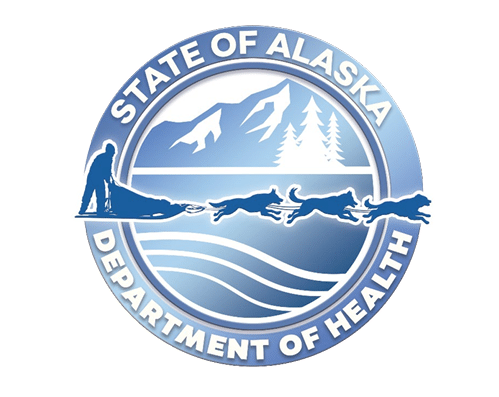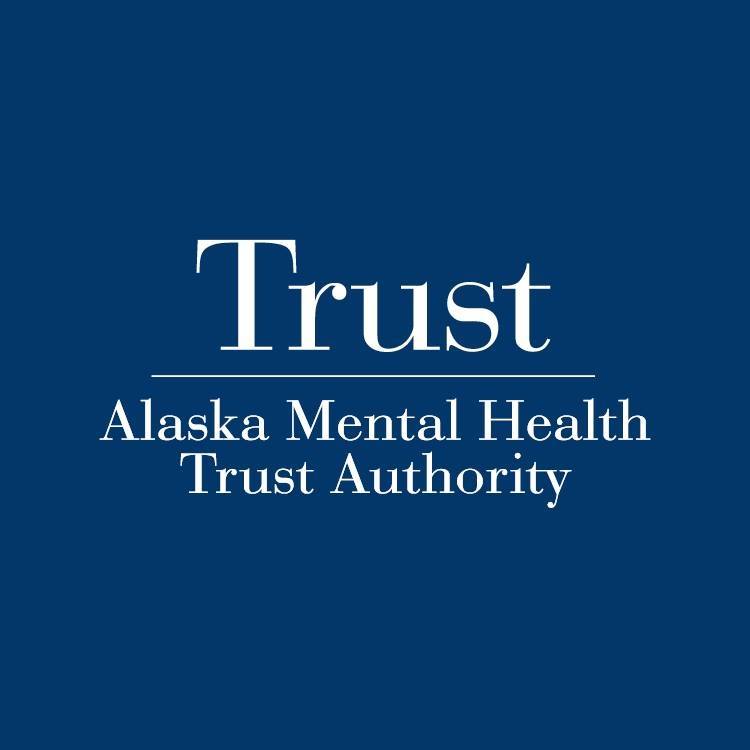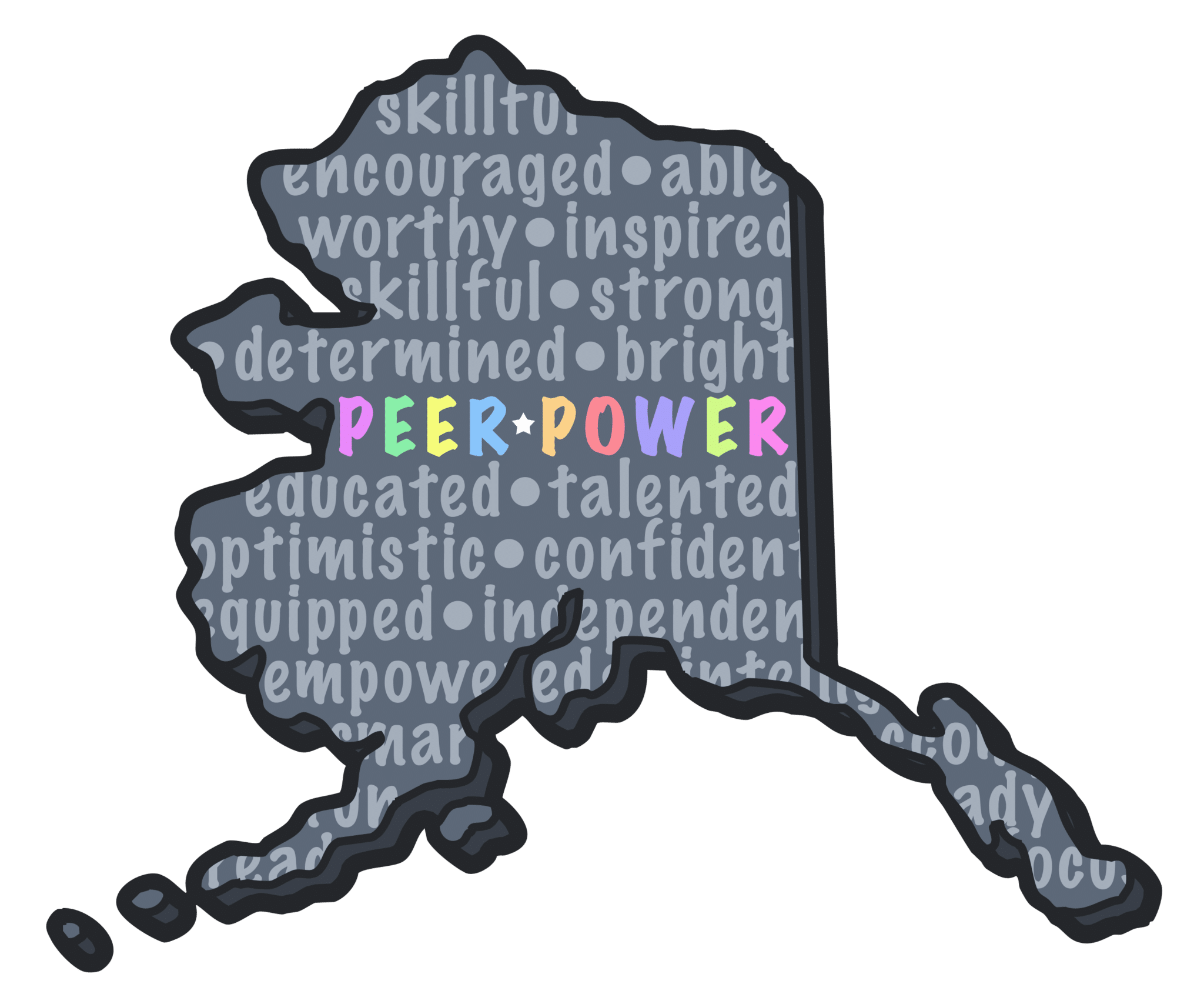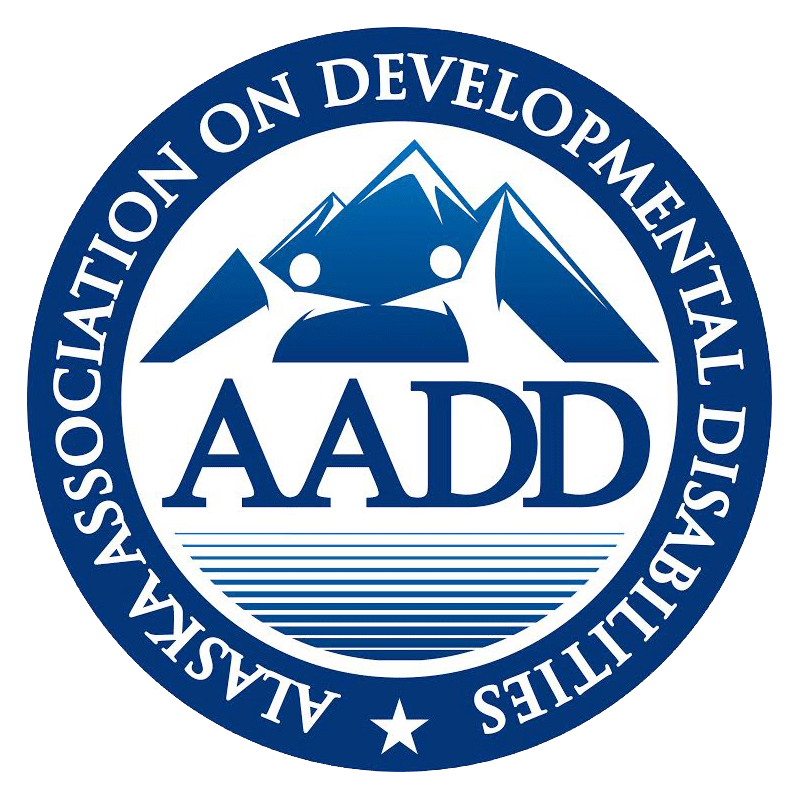CPT1A arctic variant is a form of classic CPT1A deficiency. It is more common in the Inupiaq and Yu’pik populations in Alaska, and the Inuit population in Canada and Greenland. It is also seen in higher frequency among the indigenous people of Vancouver Island, northern coastal regions of Canada, Greenland, and northeast Siberia.
Like classic CPT1A deficiency, CPT1A arctic variant is a type of fatty acid oxidation disorder. People with CPT1A arctic variant have problems breaking down fat into energy for the body. The most common symptom in young children, especially infants, is sleepiness. Older children may also get sleepy, but more often their first symptom is irritability or other changes in behavior.
If children go too long without eating or drinking enough glucose-containing fluids (such as when they are sick), they can have an illness called a metabolic crisis. If a child has too many metabolic crises, they could develop brain damage. This brain damage can result in learning problems or intellectual disabilities. Therefore, it is important that infants and children with CPT1A arctic variant receive prompt treatment if they exhibit symptoms of metabolic crisis. Treatment should help to avoid potential long-term effects on development.













